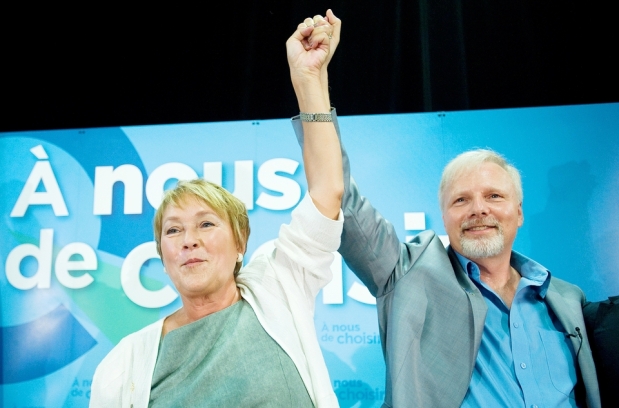 A commission delving into the debate over the Quebec proposed charter of secularism can serve as an inspiration for an English Canada growing increasingly fed up with multiculturalism, the Parti Québécois government says.
A commission delving into the debate over the Quebec proposed charter of secularism can serve as an inspiration for an English Canada growing increasingly fed up with multiculturalism, the Parti Québécois government says.
It has been more than four months since Quebec began debating the need to further separate church and state and to enact a public-sector ban on religious symbols, but parliamentary hearings that start on Tuesday – the final step before the bill can be voted into law – could be the spark that sets a secular wildfire burning across the country.
That, at the very least, is the word from International Relations Minister Jean-François Lisée [pictured, with Parti Québécois leader Pauline Marois], as nearly 300 Quebec citizens and organizations from across the spectrum prepare to dive back into the contentious debate over religious accommodation.
Lisée, who is the PQ’s interlocutor for Quebec anglophones and those outside Quebec, writes in a New York Times opinion piece that while the initiative is opposed by the federal government, anglophones, universities, hospitals, municipalities and others, it has the potential to push Quebec to the vanguard of a secular trail being blazed in Europe and around the globe.
“In a very real sense, the debate over Quebec’s charter may be the last stand of Canada’s multiculturalist experiment. Whatever the immediate outcome, it may be only a matter of time until Canadian multiculturalism finds itself buried alongside its European siblings,” he writes.

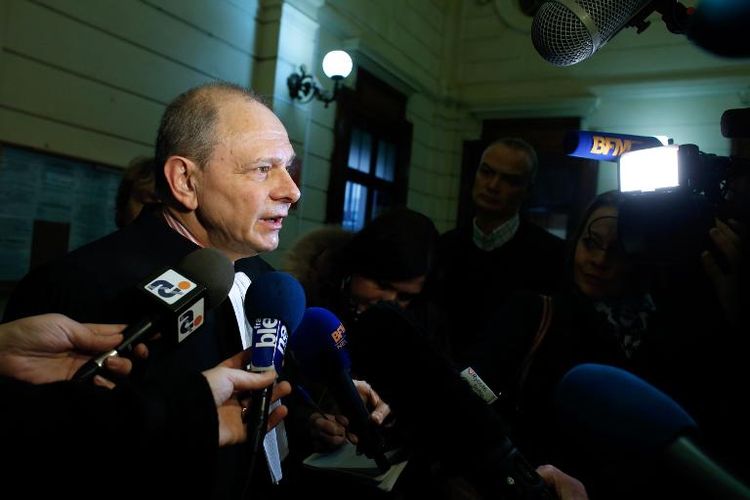 A French court has convicted a woman for insulting police who ticketed her for wearing a face-covering Muslim veil, banned by French law. The confrontation between Cassandra Belin, her husband and police triggered riots in the Paris suburb of Trappes last year.
A French court has convicted a woman for insulting police who ticketed her for wearing a face-covering Muslim veil, banned by French law. The confrontation between Cassandra Belin, her husband and police triggered riots in the Paris suburb of Trappes last year.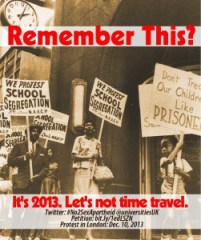 When Universities UK published its guidelines on
When Universities UK published its guidelines on 
 Edmonton Police Services has designed and approved a new hijab female police officers can wear as part of their uniform.
Edmonton Police Services has designed and approved a new hijab female police officers can wear as part of their uniform.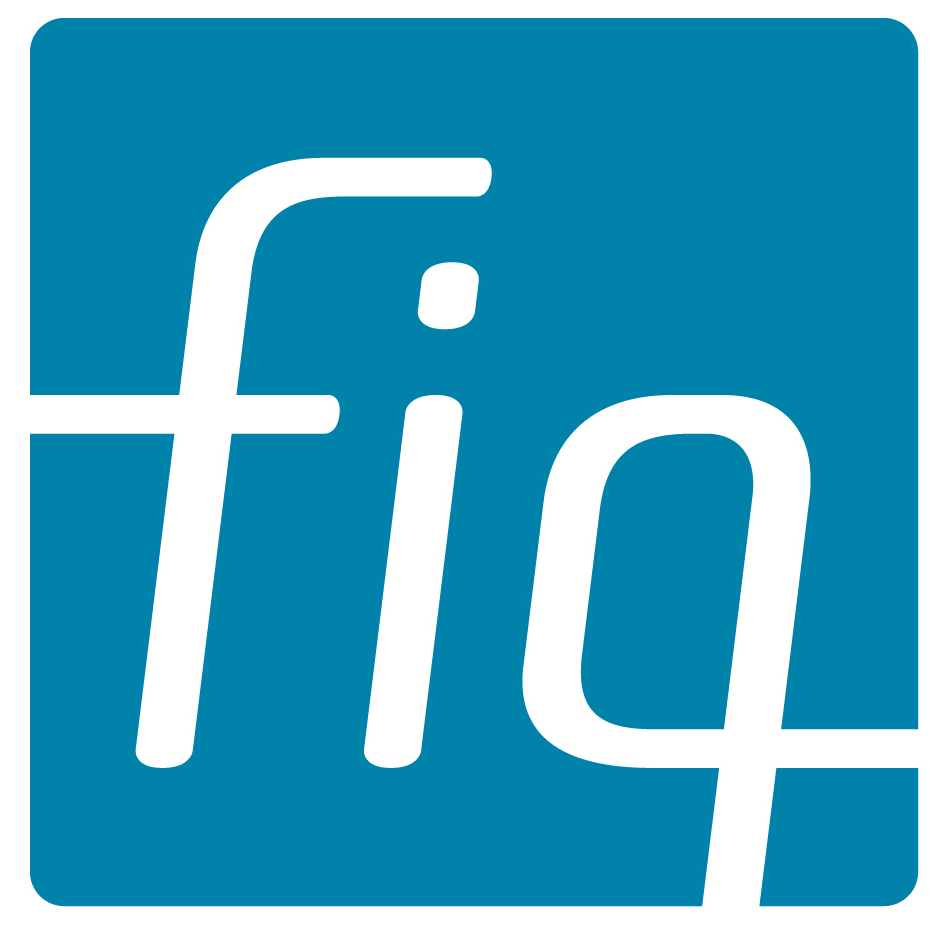 The federation of Quebec nurses’ unions (FIQ) says it will support the province’s proposed secular charter, if it’s passed.
The federation of Quebec nurses’ unions (FIQ) says it will support the province’s proposed secular charter, if it’s passed.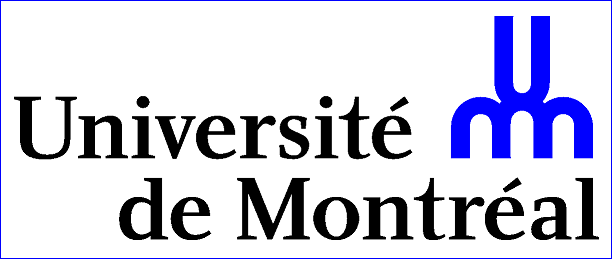 Quebec’s largest university is panning the province’s secular charter as a useless measure, adding to signs of a growing revolt against the Parti Québécois’s controversial bill.
Quebec’s largest university is panning the province’s secular charter as a useless measure, adding to signs of a growing revolt against the Parti Québécois’s controversial bill.